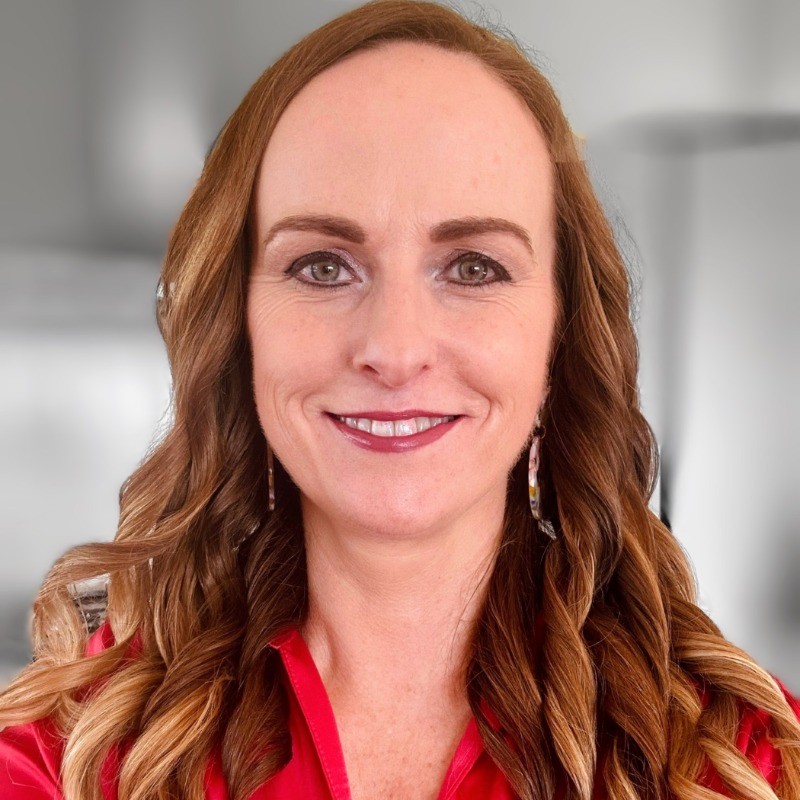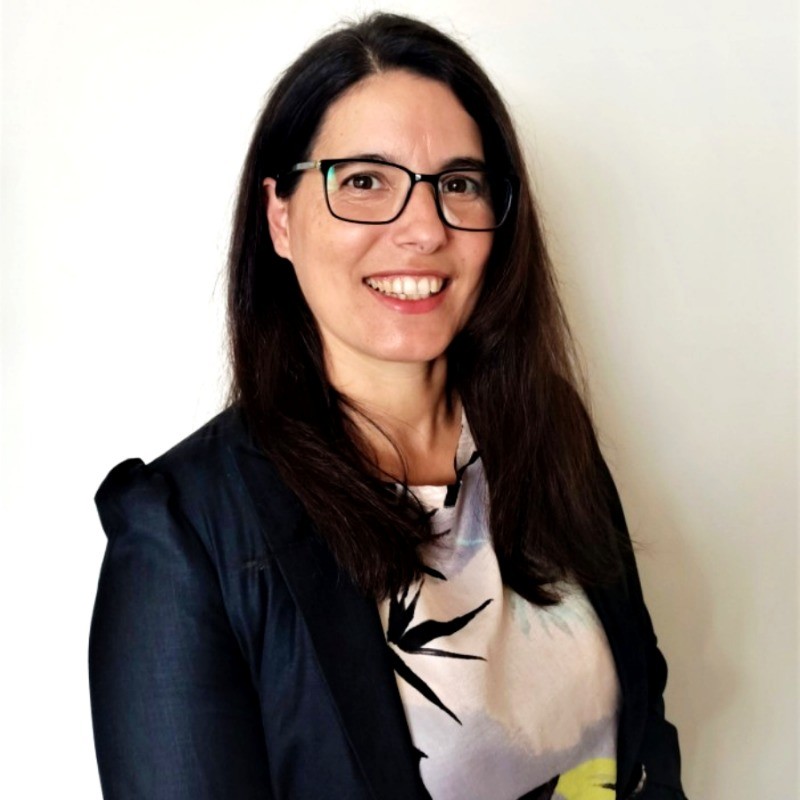By 2030, New Zealand will be a global leader in equitable, AI-enabled education.
All educators will be equipped to create inclusive, adaptive learning environments. Every learner will be empowered to use AI critically, ethically, and responsibly in a changing world.
Core Pillars of the AI in Education workstream:
- Education-first approach: AI is used to strengthen pedagogy, critical thinking, and learner agency.
- Future-focused learning: Educators and learners are empowered to thrive in the evolving future of learning, work, and society.
- Equity and access: No one is left behind—AI expands opportunity and closes the digital divide
- Inclusive by design: Diverse cultural, social, and learner needs are embedded by design.
- Safe and ethical AI: AI is used in ways that support wellbeing, safety, and informed choices.
Sub-groups:
Public-Private partnerships
Leader: Ren Saguil, Co-founder, fraxional.io
Our Public-private partnerships group has created a database of all the existing public-private partnerships and AI PLD that is currently available to teachers in New Zealand. This is a living document and broken into three categories: Beginner, Intermediate and Advanced resources. Our group has also created a self-assessment tool that teachers can use, which will help direct them on where to start and target their AI learning.
Learning from Australia:
Leader: Benny Pan, Science Teacher, Rototuna High Schools
Our Learning from Australia group is exploring how Artificial Intelligence is being successfully and ethically implemented in schools, focusing initially on Australia’s experiences. By researching real-world case studies and best practices, we aim to develop valuable recommendations for integrating AI responsibly and ethically to enhance teaching and learning for across all educational sectors.”
Culturally Aligned AI:
Leader: Shanon O’Connor, Director, TŌNUI Collab
Our Culturally Aligned AI group aims to champion culturally aligned AI-enabled education in Aotearoa, ensuring AI tools integrate mātauranga Māori and kaupapa Māori. We are working on this project to authentically embody cultural values and Te Tiriti o Waitangi, foster equitable learning environments, uphold Te Tiriti principles, and address cultural and algorithmic biases in AI education.”
AI and Assessments:
Leader: Claire Amos, Principal, Albany Senior High School
Our AI and Assessments group is focused on supporting educators and the education system to navigate assessment in the age of AI. We aim to preserve assessment integrity, promote equitable access to AI tools, and reimagine assessment design through practical, ethical, and inclusive approaches aligned with the AI Blueprint for Aotearoa.
Defining AI in Education:
Leader: Dr David Parsons, Research Director, academyEX
Our Defining AI in Education group is defining the values, competencies, and skills needed to ensure AI enhances education in equitable, future-focused ways. Our work centres on developing a values-based statement that supports both educators and learners, drawing on frameworks like SAIL, UNESCO, and SFIA, while remaining culturally grounded and aligned with the wider project’s mission. Our goal is to clarify how AI can support deeper, more accessible learning across diverse educational roles.
School Leader Guidelines:
Leader: Susana Tomaz, Futures Education and AI Lead at Westlake Girls High School
Our School Leader Guidelines group has begun reviewing existing AI education resources to identify what’s missing and explore how current tools can be strengthened into a more comprehensive framework. We’re checking with UNESCO for any existing evaluation models, and if none are available, we’ll develop our own. A recent school leaders’ event had lower-than-expected engagement, highlighting the ongoing challenge of positioning AI as a priority in education.
AI Professional Development:
Leader: Kathryn MacCallum, Head of School & Associate Professor of Digital Edu Futures
Our AI Professional Development group has worked further on clarifying its focus and how it relates to other working groups. As a result, we believe the primary focus of this group is currently on how to advocate for and better understand the needs of the broader community, which extends beyond professional development for educators to include AI literacy for all. Therefore, a big focus will be to make the need for AI literacy clear and build awareness.
Some key focuses we are exploring include how we will engage with key external stakeholders like TDA and MoE, and what actions will emerge from this group. Initial ideas include a survey that will be sent to all educators via the AI Forum to gather insights into their needs. Additionally, we aim to provide criteria that could be used to evaluate professional learning and development opportunities and tools used by teachers, collaborating with others such as the Community of Practice that is undertaking this work.
Workstream Leads
If you are interested in contributing to this workstream, please register your interest here.






